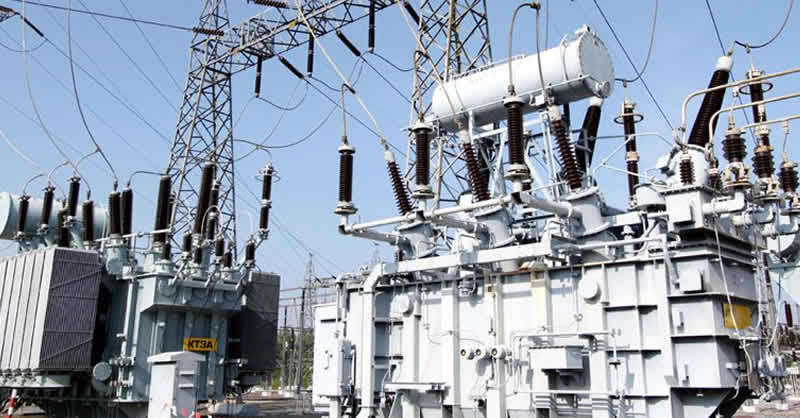States Scramble For Independent Power As National Grid Faces Collapse Crisis
States Scramble for Independent Power as National Grid Faces Collapse Crisis
By Achimi Muktar
With Nigeria’s national grid collapsing 10 times in 2024 alone and over 110 times in the last decade, state governments are taking matters into their own hands, pursuing independent power generation to solve their persistent electricity problems.
As the national grid plunges the country into darkness, states like Lagos, Rivers, and Ekiti are racing to generate their own electricity. From solar plants to hydroelectric dams, these states are forging new paths toward energy independence.
Lagos Leads the Charge
Lagos State is at the forefront of this power revolution, with plans to establish four gas-fired power hubs. The state government has opened bids for independent power producers to generate the required 100MW of electricity per hub. Lagos currently requires over 6GW of power but receives less than 2GW from the national grid, leaving a vast electricity gap. To address this, the state has introduced an electricity bill aimed at creating a self-sufficient energy market, independent of the national grid.
Ekiti Powers Up
Following suit, Ekiti State has licensed 14 independent electricity providers to generate power locally. Governor Biodun Oyebanji revealed that Ekiti aims to produce 130MW through its own grid, which will significantly reduce its dependence on the national supply. This move aligns with the new 2023 Electricity Law, which empowers states to manage their own electricity generation, distribution, and transmission.
Rivers Revives Gas Turbines
Rivers State, already home to four gas turbine projects capable of generating over 450MW of electricity, is upgrading its infrastructure to ensure stable power for residents. According to the state’s Commissioner for Power, Solomon Eke, private investors are stepping in to help the state fully realize the potential of its turbines.
Benue’s Bold Vision
Benue State, too, is ready to generate its own power. The Managing Director of Benue Investment and Property Company, Dr. Raymond Asemakaha, confirmed that the state is actively seeking investment to develop its own power plant. This initiative aims to boost socio-economic growth by providing communities with a stable power supply, helping to stimulate local businesses.
Other States Follow Suit
Across the country, states are exploring innovative solutions to end their reliance on the national grid. Ogun State is looking to harness the energy potential of the Oyan Dam, while Gombe has signed a Memorandum of Understanding with China for a 100MW solar energy plant. Meanwhile, Kogi State is establishing its own electricity company, and Nasarawa has empowered its government to take control of electricity generation.
The Path Forward
With the new Electricity Act signed by President Bola Tinubu, states now have the legal backing to take control of their energy needs. From solar plants in Kaduna to gas turbines in Rivers, the drive for energy independence is gaining momentum, promising a brighter and more stable future for Nigeria's power supply.
The persistent grid collapses have spurred these states into action, and with more on the horizon, Nigeria’s journey toward decentralized energy production seems inevitable. As the country’s power sector undergoes a dramatic transformation, state-led power plants could very well be the answer to Nigeria’s electricity woes.





















